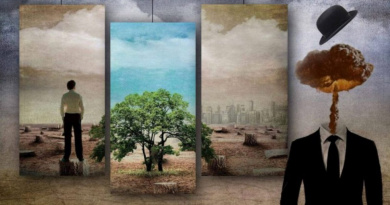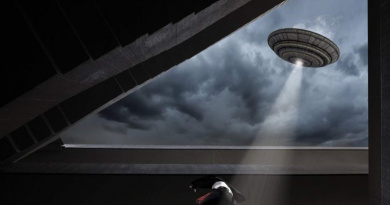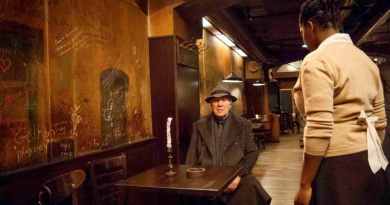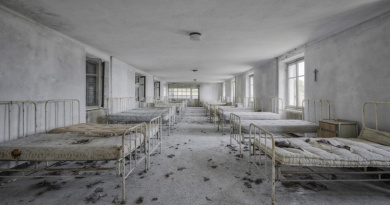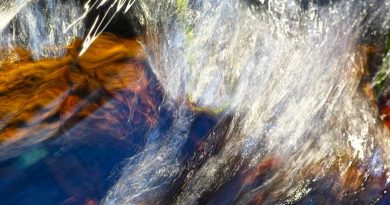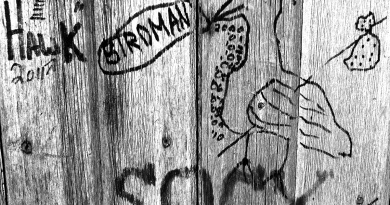Interview
Fadwa Rouhana
Fadwa Rouhana is a Palestinian photographer born in Haifa The lens is the window through which she contemplate life and its meaning, how people are living it, their hopes and their hardships, their relation with their place and their environment, with their past and with their reality. It is her way to understand the whole human experience and to find her place inside it.
Her work was featured at various international Fine Art and photography magazines and platforms. Her theme “Passengers in time” was awarded with Gold in Fine Art – conceptual photography by ND awards 2019.
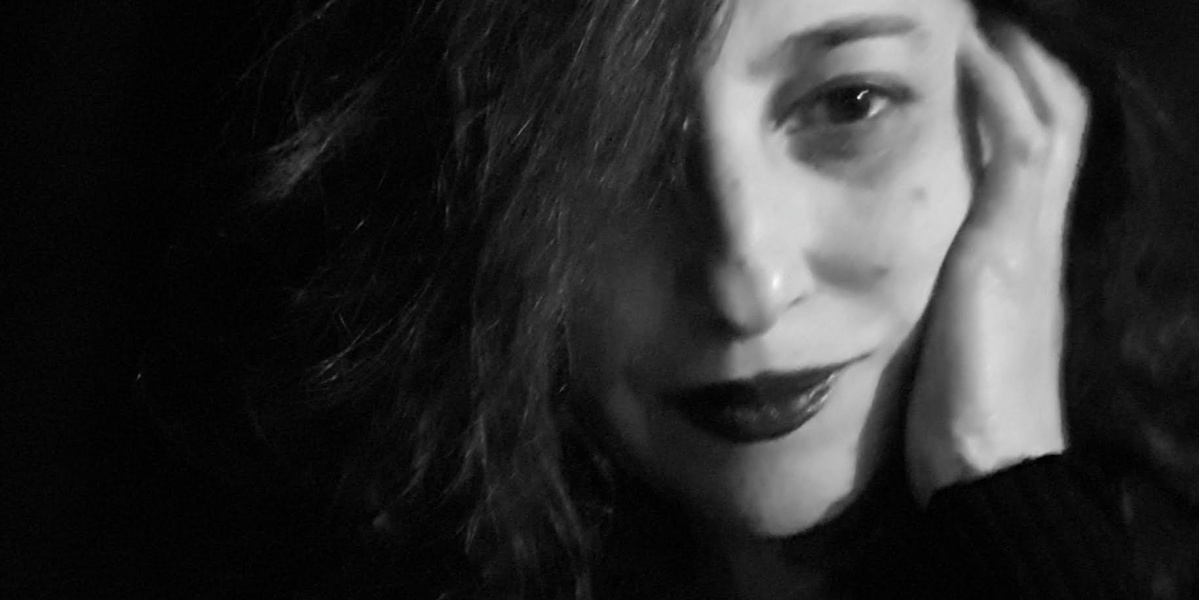
Fadwa Rouhana, please introduce yourself
I am a Palestinian photographer. I was born and raised in a village called Isfiya on Mount Carmel. They say that the name Isifya originated from the Arabic word “Awasef” which means storms. The stormy mountains where I was raised have to a great extent shaped my soul, the ambivalent way through which I look at life, as tidal moments of thunder and serenity, of eruption and subsidence. Since a young age, the Camera was my devoted companion the third eye that helped me apprehend my reality, in a region that is constantly in turmoil. With time you realize that the human eye is too narrow to contain the overwhelming nature of life, Indeed I am an observing voyageur, in the photography world, I consider myself an amateur photographer.
Where do you live, does your place of residence inspire you to take pictures?
For the past 5 years, I have been living in Bethlehem, a city with an ancient history and a devastating present. Locked behind an apartheid wall, astonishing is the fact that the city is still able to maintain its attraction for pilgrims, and its universal position as an epicenter of salvation. The bold contradiction between the daily hardships of its people, their yearning for freedom, and the endless groups of pilgrims queuing at its historical gates was a call for me to make my testimony. My photographic work has developed during my stay in this place. The reality here invokes documentation without any esthetic additions from the photographer. The truth that must be seen is what I try to present in my street theme. While the surreal scenes of the pilgrims that are carrying their pain from their faraway homelands and hoping to find salvation in this very traumatized place, rendered me bewildered and made me try to use the lens to reach beyond the image that is capturing in my viewfinder, seeking answers but creating a photo that is blurred and that raises many questions and doesn’t give any answer.
Do you have a photographic background?
I only had a short course of photography for beginners during my stay in Florence almost 10 years ago. I had also graduated from a 1-year program in Phototherapy which is about the use of photography as a therapeutic tool in psychological treatment.
How comes that you are interested in photography?
Phototherapy relies to great extent on personal snapshots and family albums, It is not at all about the techniques of taking photos, however, it gives a very interesting and deep perspective on photography, on the power of the camera to delve into the human soul and to create images that can touch the innermost feelings and thoughts of the photographer, the persons inside the photo and the spectator. The program made me realize that the lens not only helped me contemplate life, but for me, it shed light on the narcissistic side of the photographer, or in my case, on how I have been using the lens as a mirror of my inner self.
Which photographer has inspired your photography?
The photography world is so rich with amazing and inspiring photographers, one can name so many. I love the surrealism of Ralph Eugene Meatyard, I admire the work of street photographers like Vivian Mayer, the documentary work of Robert Frank, the portraits of August Sander. But I think the one that touched me most is Diane Arbus; her continues pursuit after the odd, the ugly, and the freak, her need to create photos that are painful and shocking, because I do believe that the photograph should be able to shake our certitude.
Why do you work in black and white/color?
I love working with both but I think the composition dictates which way to go. Sometimes the colors are part of the narrative or of the message you want to convey, of the statement you want to make, and sometimes I feel that you need the courage to work with colors because you must be able to make a point of using them, esthetic or concept-wise since the very essence of the photo is more deeply presented in black and white. For example, I love using colors in my “Land” theme, taken in the bare mountains of Jericho, there I feel that the colors reveal the very true nature of the land, its language, and its melody, in this case, the colors themselves are the narrative of the land.
How do you prepare for a photo?
I have to say that I am very spontaneous in my photography, having the appropriate light is the main thing, when it is there, and when I have the time I just take my camera and move around, in the streets, the mountains, or in closed places, depends on my mood at that moment. I need to be alone while taking photos because any other accompanying eyes can disturb my connection to my lens.
I make so many clicks knowing that a major part of them is destined for deletion. Later I keep revisiting them on my screen, watching, contemplating until I can grasp the whole idea of the photo, the visible and the hidden, probably until I hear my voice coming from within it, then I choose how to edit it.
What are your technique and creative process?
I use a very modest technique, so far I have been using a zoom lens which allows for more flexibility in terms of distance from the subject, I don’t possess many skills in Photoshop, I usually use Nik collection for black and white or color effects. Recently I made few attempts with Photoshop but I didn’t engage with the idea of interfering in the composition, I prefer to keep the photo as it is, as it was captured at the moment that it was captured. I feel that my addition should remain limited to contrasts, shadows, and colors.
Which projects would you like to tackle?
My photographic work has developed through my experimental efforts with the Camera, mainly in low light places, something that I will continue to practice, however, my passion goes for street photography, it is where I feel I need to make more efforts and also try short lenses which should work well in the narrow streets of Bethlehem and Jerusalem.
What do you do in your life besides photography?
I am an industrial engineer; my recent job was as a development manager in a global apparel company.
Besides photography, I love writing which is just another form of creating images, in both disciplines the images are created inside you, but you just have different tools to reflect it.
![]() Thanks a lot Fadwa Rouhana for the Interview
Thanks a lot Fadwa Rouhana for the Interview
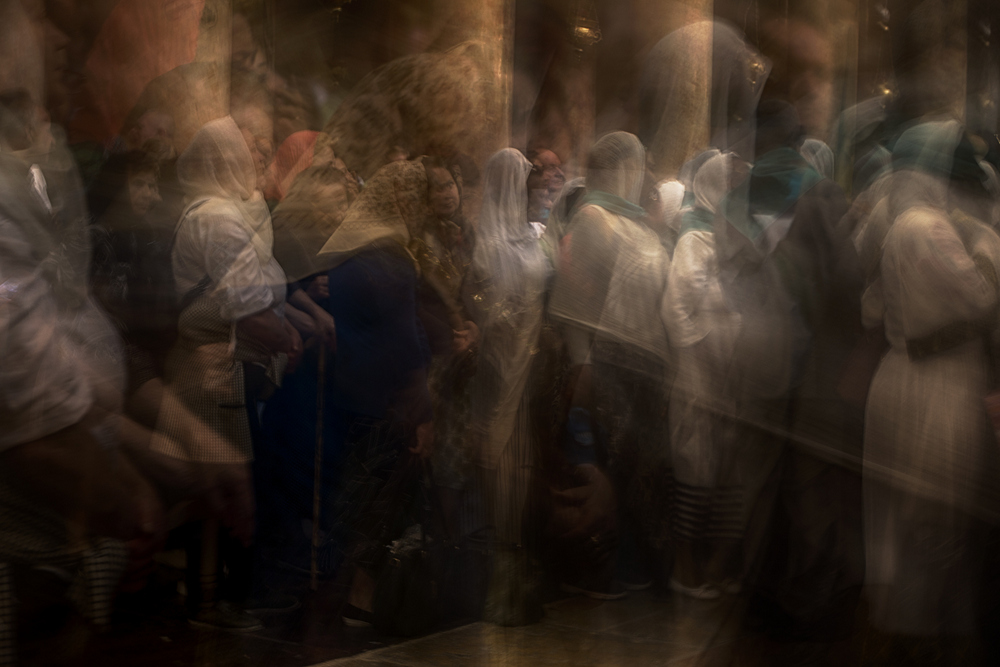
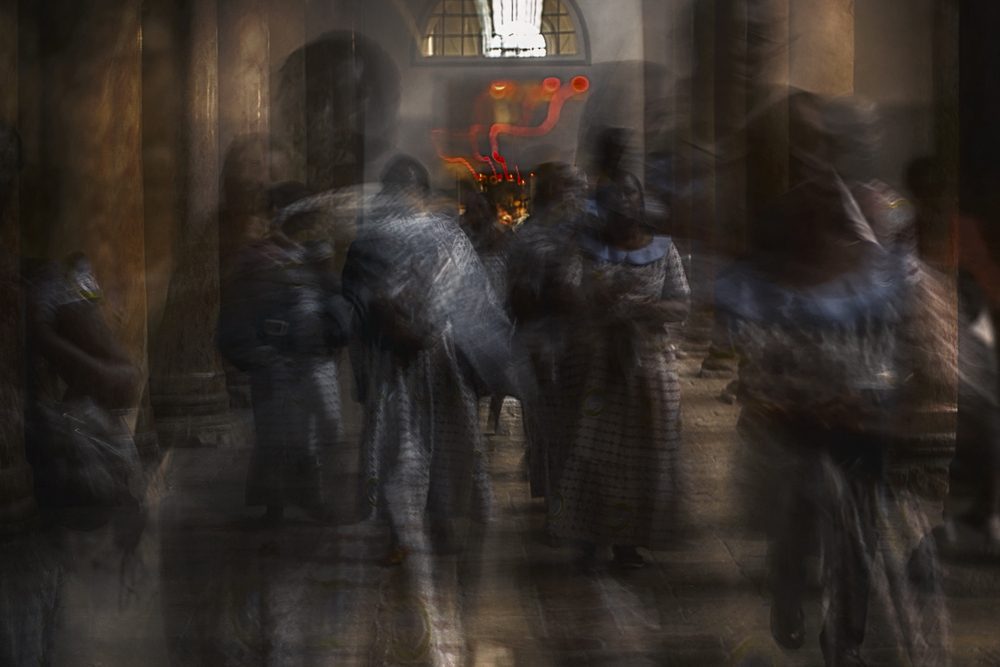
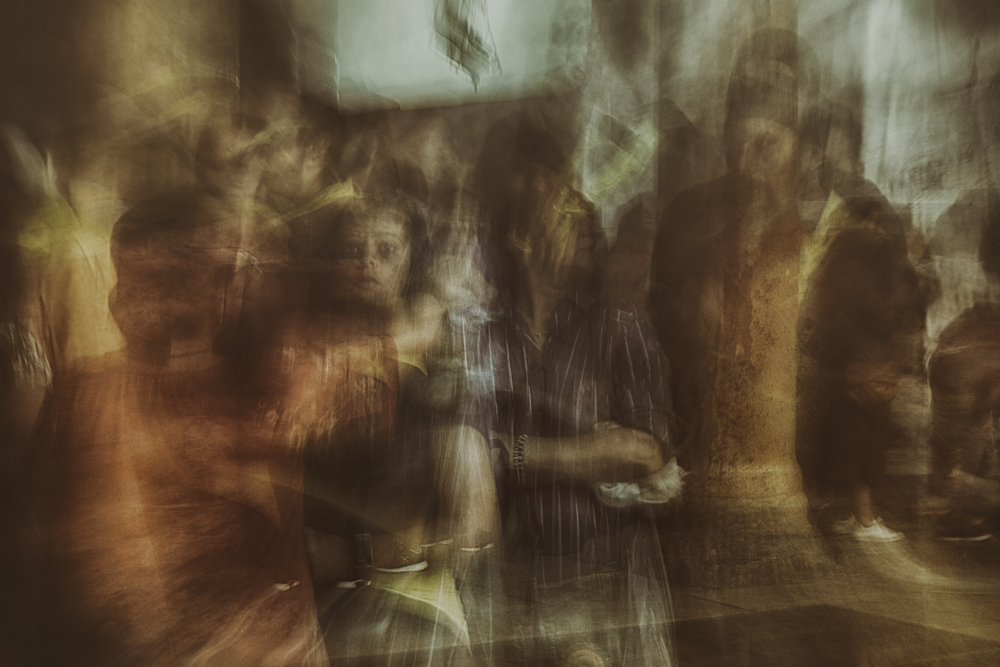
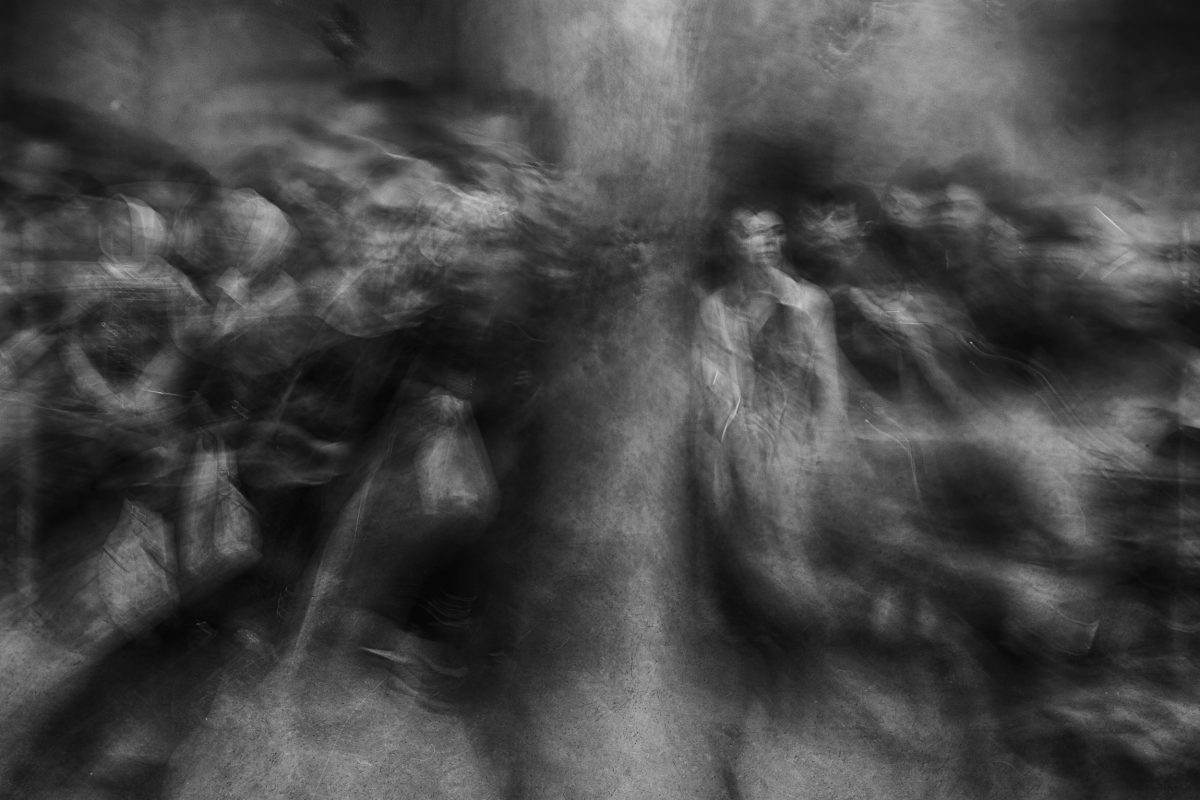
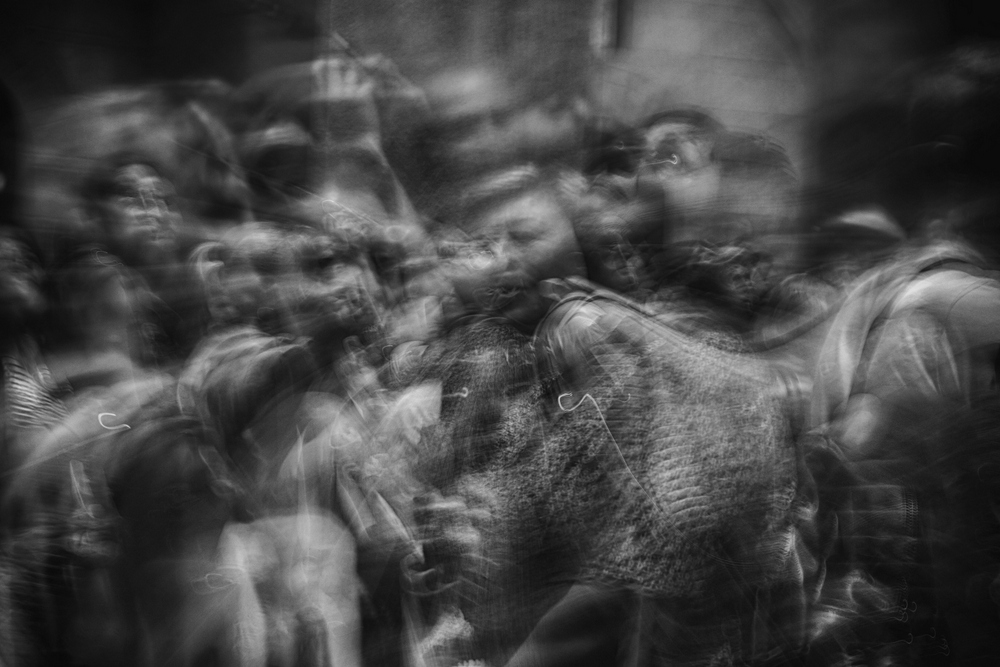
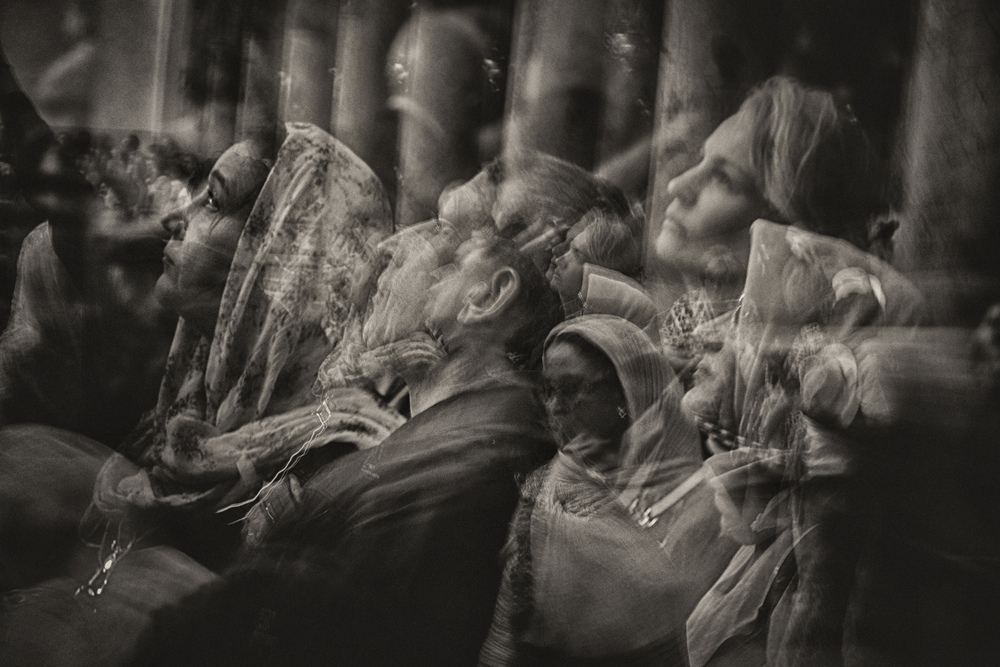

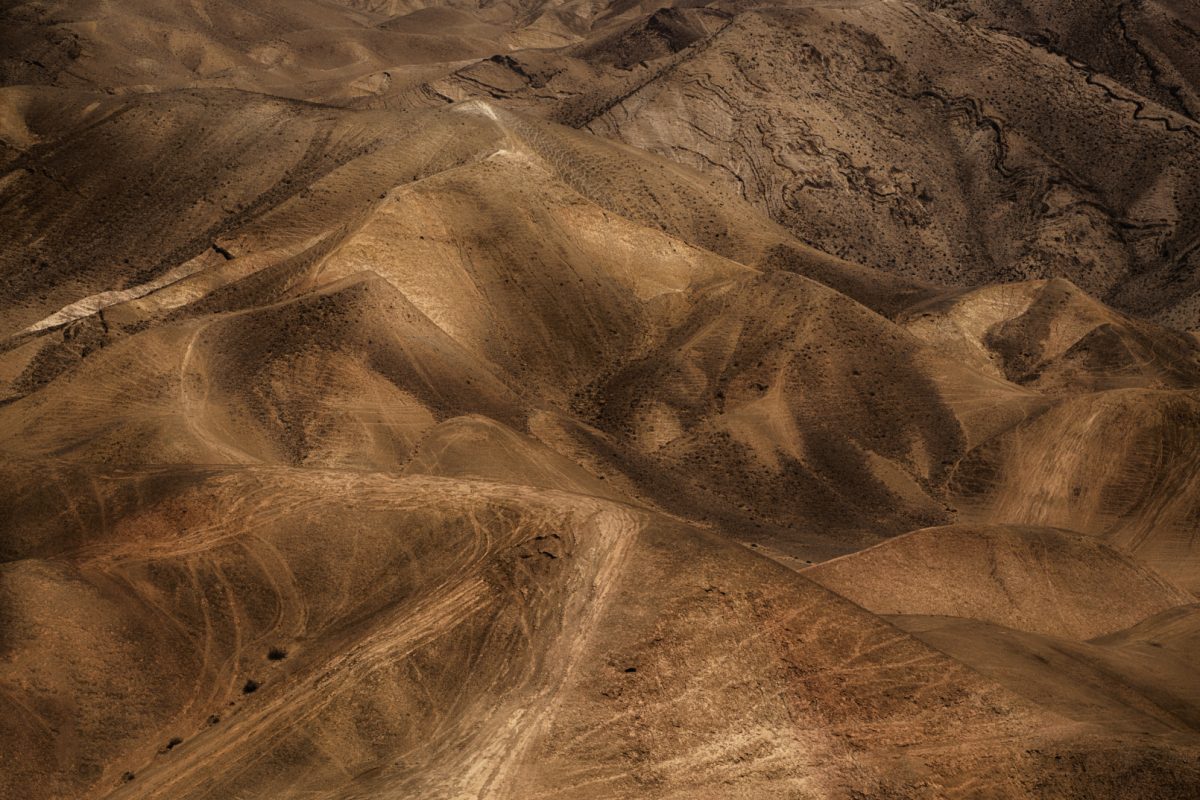
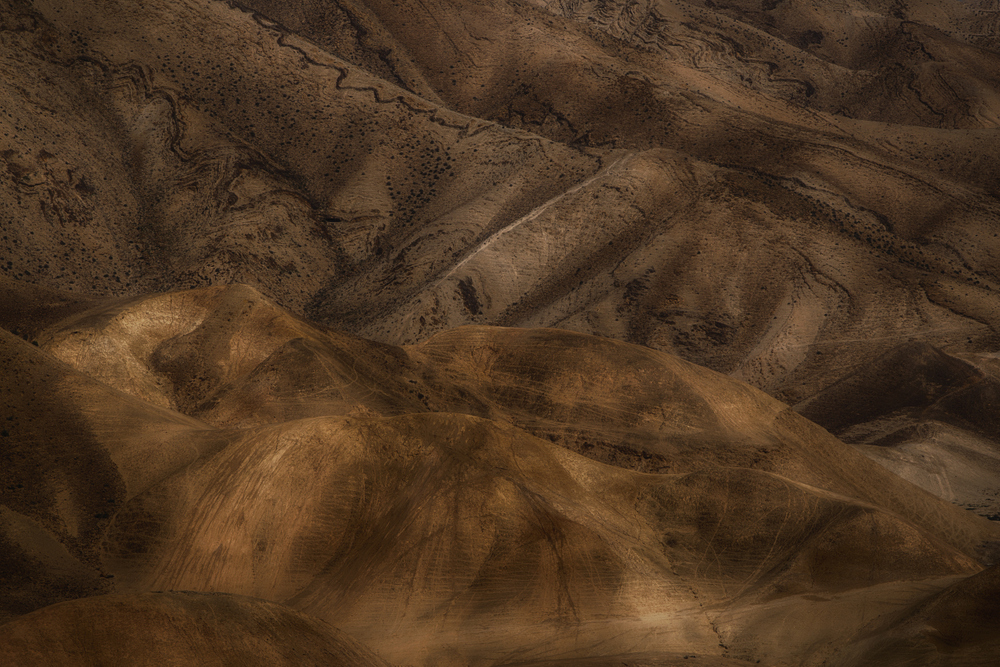
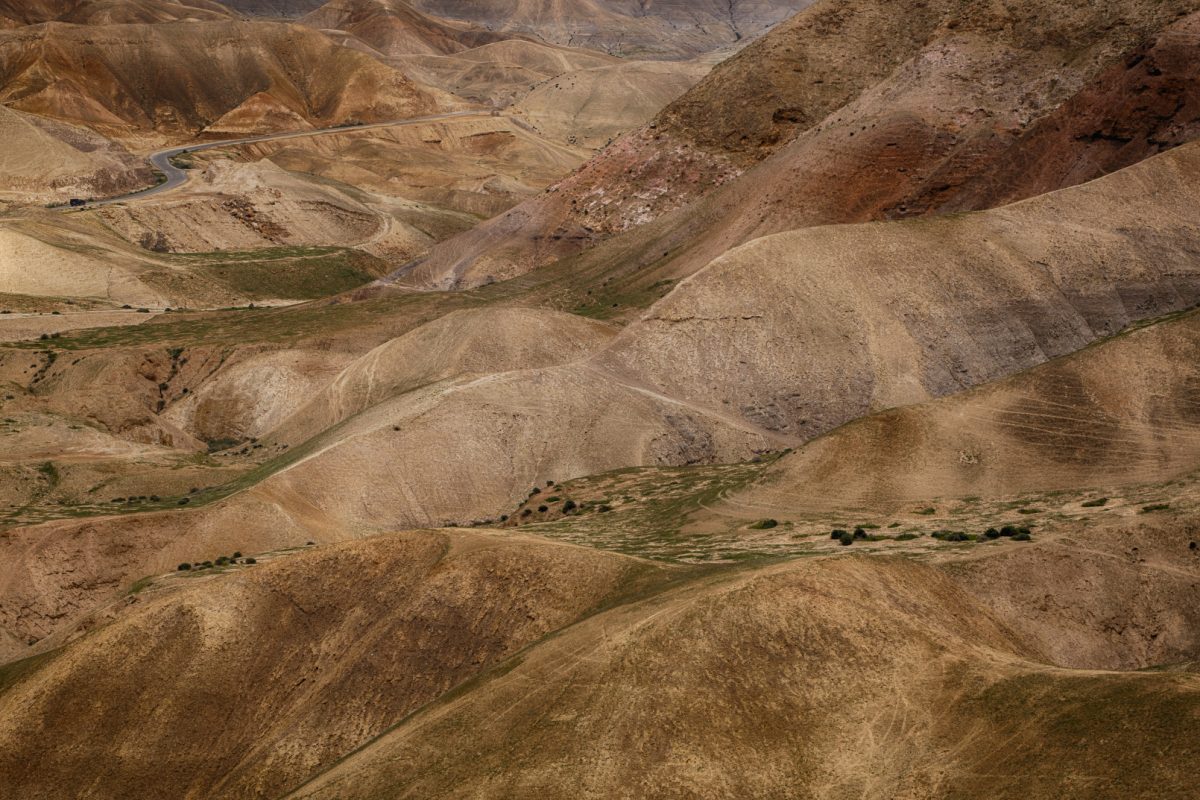
TAGREE, I love the cultural work you do, I donate to show you my sincere appreciation:
or become a reader with a TAGREEplus+Pass for unlimted access


 More about Fadwa Rouhana on Tagree
More about Fadwa Rouhana on Tagree

